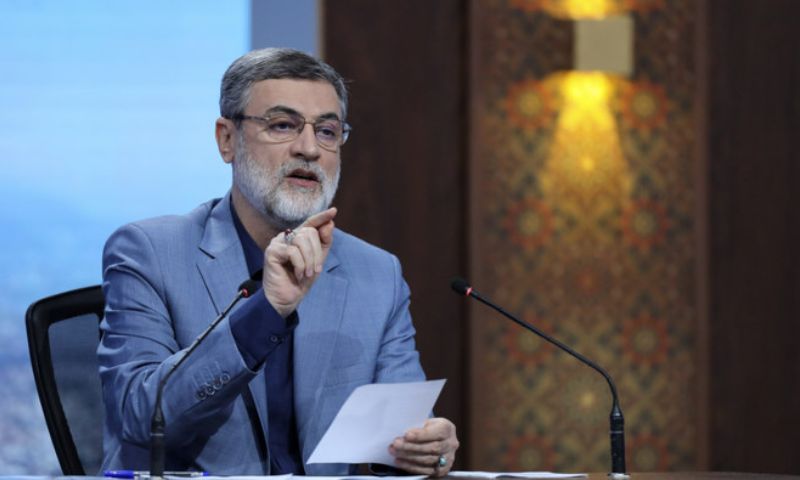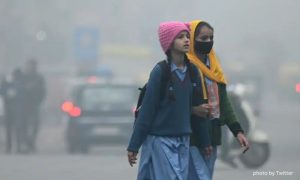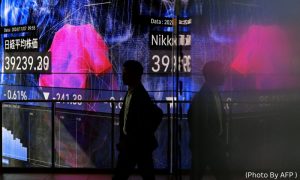TEHRAN, Iran: Amidst the backdrop of Iran’s political landscape, the upcoming presidential election signifies a pivotal moment following the passing of President Ebrahim Raisi. The withdrawal of candidate Amirhossein Ghazizadeh Hashemi on Wednesday has set the stage for a concentrated effort among hard-liners to unite behind a single candidate, aiming to strengthen their position in the election.
Ghazizadeh Hashemi’s decision, urging others to follow suit in the interest of fortifying the revolutionary front, leaves five contenders remaining in the race. Analysts view the current dynamics as a three-way competition: two prominent hard-liners, former nuclear negotiator Saeed Jalili and parliamentary speaker Mohammad Bagher Qalibaf, are vying for the same voter base, while Masoud Pezeshkian represents the reformist faction associated with the moderate policies of former President Hassan Rouhani.
Supreme Leader Ayatollah Ali Khamenei’s influence looms large over the election, maintaining strict criteria that exclude women and proponents of radical governmental change. Despite these constraints, Khamenei has called for a robust voter turnout, underscoring the regime’s legitimacy amidst internal challenges and external pressures, particularly from the United States.
Public sentiment reflects a mix of apathy and discontent, especially among urban youth and women disillusioned by economic hardships and social restrictions. Many Iranians, like 27-year-old Fatemeh Jazayeri, express skepticism over electoral promises, citing unfulfilled expectations from previous administrations.
Conversely, conservative voices, such as 46-year-old shopkeeper Mahmoud Seyedi, emphasize the duty of voting as a means to address national challenges. Seyedi’s preference for Qalibaf underscores a desire for experienced leadership capable of navigating Iran’s complex issues.
The election occurs against a backdrop of regional tensions and economic instability exacerbated by the aftermath of the 2015 nuclear deal and subsequent geopolitical shifts. Iran’s engagement in regional conflicts, such as recent hostilities with Israel, further complicates the electoral discourse.
As Iran prepares for Friday’s election, the outcome will not only shape domestic policies but also influence its international relations. The transition of power in Tehran holds significant implications for regional stability and global diplomacy, making it a focal point of international scrutiny and strategic interest.
Iran’s presidential election represents a critical juncture in its political trajectory, marked by competing visions for the nation’s future amid socio-economic challenges and geopolitical pressures. The outcome will resonate beyond its borders, impacting regional dynamics and Iran’s position on the world stage.
























